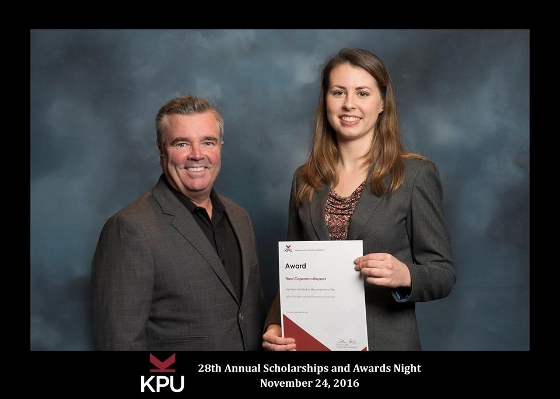Posted on
January 4, 2017
by
Brian J White
Sales of detached, attached and apartment properties in the region reached 39,943 in 2016, a 5.6 per cent decrease from the 42,326 sales recorded in 2015, and a 20.6 per cent increase over the 33,116 residential sales in 2014.
“It was an eventful year for real estate in Metro Vancouver. Escalating prices caused by low supply and strong home buyer demand brought more attention to the market than ever before,” Dan Morrison, Real Estate Board of Greater Vancouver (REBGV) president said. "As prices rose in the first half of the year, public debate waged about what was fuelling demand and what should be done to stop it. This led to multiple government interventions into the market. The long-term effects of these actions won’t be fully understood for some time.”
Residential properties listed for sale on the Multiple Listing Service® (MLS®) in Metro Vancouver reached 57,596 in 2016. This is an increase of 0.6 per cent compared to the 57,249 properties listed in 2015 and a 2.6 per cent increase compared to the 56,066 properties listed in 2014. “The supply of homes for sale couldn't keep up with home buyer demand for much of 2016. This allowed home sellers to raise their asking price. It wasn’t until the last half of the year that prices began to show modest declines.”
The MLS® Home Price Index (HPI) composite benchmark price for all residential properties in Metro Vancouver ends the year at $897,600. This represents a 2.2 per cent decrease over the past six months and a 17.8 per cent increase compared to December 2015.
December summary
Residential property sales in the region totalled 1,714 in December 2016, a decrease of 39.4 per cent from the 2,827 sales recorded in December 2015 and a decrease of 22.6 per cent compared to November 2016 when 2,214 homes sold. Last month’s sales were 8.1 per cent below the 10-year sales average for the month.
New listings for detached, attached and apartment properties in Metro Vancouver totalled 1,312 in December 2016. This represents a decrease of 35.1 per cent compared to the 2,021 units listed in December 2015 and a 58.3 per cent decrease compared to November 2016 when 3,147 properties were listed.
The total number of properties currently listed for sale on the MLS® in Metro Vancouver is 6,345, a 5.3 per cent increase compared to December 2015 (6,024) and a 24.3 per cent decrease compared to November 2016 (8,385).
Sales of detached properties in December 2016 reached 541, a decrease of 52.4 per cent from the 1,136 detached sales recorded in December 2015. The benchmark price for detached properties is $1,483,500. This represents an 18.6 per cent increase compared to December 2015 and a 1.8 per cent decrease compared to November 2016.
Sales of apartment properties reached 915 in December 2016, a decrease of 25.3 per cent compared to the 1,225 sales in December 2015.The benchmark price of an apartment property is $510,300. This represents a 17.3 per cent increase compared to December 2015 and a 0.3 per cent decrease compared to November 2016.
Town home and duplex property sales in December 2016 totalled 258, a decrease of 44.6 per cent compared to the 466 sales in December 2015. The benchmark price of an attached unit is $661,800. This represents a 20.4 per cent increase compared to December 2015 and a 0.8 per cent decrease compared to November 2016.
Get your current property evaluation within 24 hours at www.brianwhite.ca
Brian White
Licenced local Realtor since 1990.


